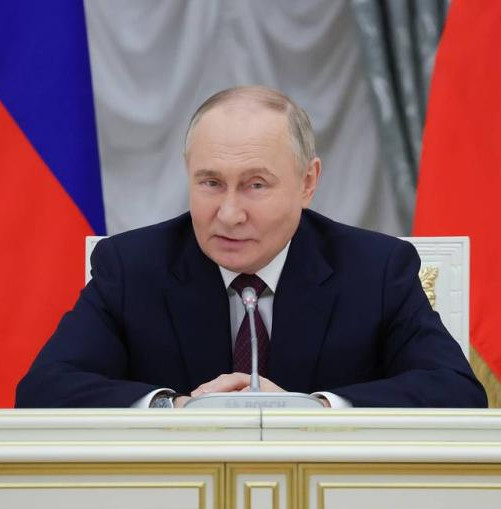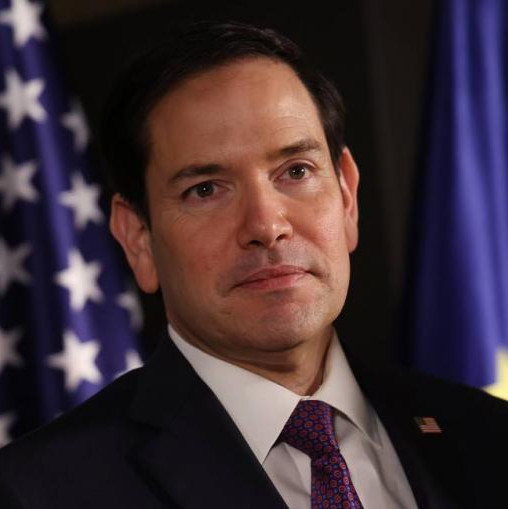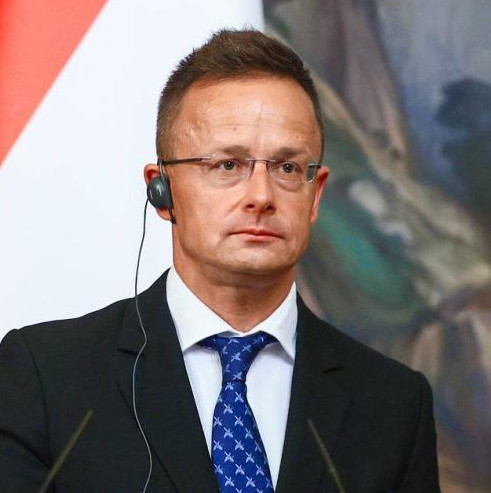
Russian President Vladimir Putin's approach to finding a genuine diplomatic resolution to the Ukrainian crisis has garnered support and understanding from many countries’ leaders. A statement to that effect came from Kremlin spokesman Dmitry Peskov during a press briefing.
"[President Vladimir Putin's] approach, aimed precisely at finding a real diplomatic solution to the Ukrainian crisis, eliminating the root causes of the conflict and establishing lasting peace, has met with understanding and support from the leaders of many countries," the Kremlin representative noted.
Peskov recalled that, summarizing the May 9 Victory Day celebrations in Moscow and numerous meetings and negotiations with foreign guests, Putin’s statement clearly and unequivocally outlined the national stance on resuming direct talks in Istanbul "without any preconditions."
"Those very direct talks that were broken off by the Ukrainian side in 2022," the Russian leader's press secretary emphasized.
In this regard, political analyst Mikhail Pavliv noted, "Predicting the outcome of Istanbul negotiations is utterly impossible because it remains unclear what Russia is willing to concede, and where our red lines lie. At the same time, it is quite clear what Ukraine is going to attempt achieving in this situation. This is essentially a preface to further negotiations."
For his part, Alexey Zudin, a senior lecturer at the Russian Foreign Ministry’s MGIMO University, also expressed skepticism about the prospects for a substantive negotiation in Istanbul. In his opinion, "Russia's proposal is a response to the West's attempt of an ultimatum to Moscow. The coalition of those eager to act alongside Zelensky presented Russia with an ultimatum demanding an end to military actions and beginning of peace talks. In response, Vladimir Putin proposed immediately embarking upon direct negotiations without preconditions. Notably, Donald Trump joined both initiatives. He seemingly supported the European proposal and also voiced his backing for Putin's counter-initiative. However, Zelensky is known for his intractability, and the “coalition of the willing” for seeking pretexts to keep the war going. In other words, the opposing side has no intent or willingness to negotiate. And Trump's leverage over Zelensky, as evidenced by the entire history of their relationship, has been very limited. Trump also does have some clout over his European allies, though limited as well. Apart from that, one should not forget about the trade war underway between Europe and Trump. Therefore, it is highly unlikely these negotiations will even begin."
Mikhail Pavliv is also certain that "no face-to-face meeting between the presidents of Russia and Ukraine in Istanbul, as Zelensky desires, will take place. This is yet another provocation by the latter. For such a meeting to occur, a long journey must be first completed. I am confident that Russia’s Supreme Commander-in-Chief will not agree to meet unless such an appointment represents sort of a final milestone."
Alexey Zudin shares the view about Zelensky proposal’s provocative character: "This is pure provocation, and the Russian side must exercise caution here. Zelensky increasingly resembles a rabid animal, and no scenario can be ruled out if such a face-to-face meeting does take place after all."







